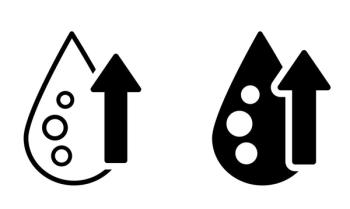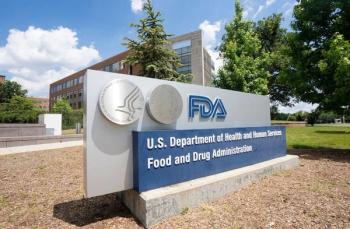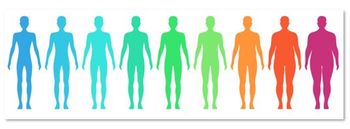
Starbucks Joins Trans Fat Exodus
SEATTLE -- Starbucks, the giant coffee shop chain, has announced that it is banning trans fats, climbing aboard the nutritional bandwagon championed by the city of New York and promoted by the American Heart Association.
SEATTLE, Jan. 3 -- Starbucks, the giant coffee shop chain, has announced that it is banning trans fats, climbing aboard the nutritional bandwagon championed by the city of New York and promoted by the American Heart Association.
As of Wednesday, the company announced, there will no longer be trans fat in doughnuts, muffins, scones, brioches, or any other food served in standalone Starbucks shops in Seattle, San Francisco, Chicago, Los Angeles, San Diego, Boston, New York, Philadelphia, Washington, and Portland, Ore.
This represents about half the 5,600 company-owned stories in the U.S. and Canada. The rest of the company-owned stores in the U.S. and Canada will phase out trans fat by the end of the year, after negotiations with regional bakers and recipe adjustments. There are also about 3,200 other North American establishments that license the Starbucks name, and the company will encourage a zero trans fat policy at those.
The announcement came just a month after New York City's new law that bars restaurants from using most frying oils containing trans fats by July 1, 2007, and requires the elimination of trans fats from all foods have by July 2008. But Starbucks said it had been working on its own to ban trans fats even before the New York ban.
According to the Starbucks Web site, there are 6 g of trans fats in a chocolate croissant sold at a typical Starbucks in New York, 5 g in a chocolate doughnut swirl, 3.5 g in a coffee almost bar, 2.5 g in a glazed doughnut, and 2 g in a vanilla or chocolate cupcake. There is 1 g in every gingerbread scone, crumble coffee cake, and white cheddar brioche.
Trans fats are formed when liquid oils are converted to solid fats by hydrogenation. The fats are believed to contribute to coronary heart disease by raising low-density lipoprotein cholesterol and lowering high-density lipoprotein cholesterol.
Published evidence suggests that saturated fat (derived chiefly from animal products) and trans fats contribute to the genesis of heart disease, while monounsaturated fats (olive and canola oil) and polyunsaturated fats (safflower and other plant oils) are protective.
On the basis of data from the Nurses' Health study, the risk of coronary heart disease would be reduced by 53%, if 2% of energy from trans fats was replaced by energy from unhydrogenated, unsaturated fat and by 42% if 5% of energy from saturated fat were replaced by energy from unsaturated fats.
Newsletter
Enhance your clinical practice with the Patient Care newsletter, offering the latest evidence-based guidelines, diagnostic insights, and treatment strategies for primary care physicians.

































































































































